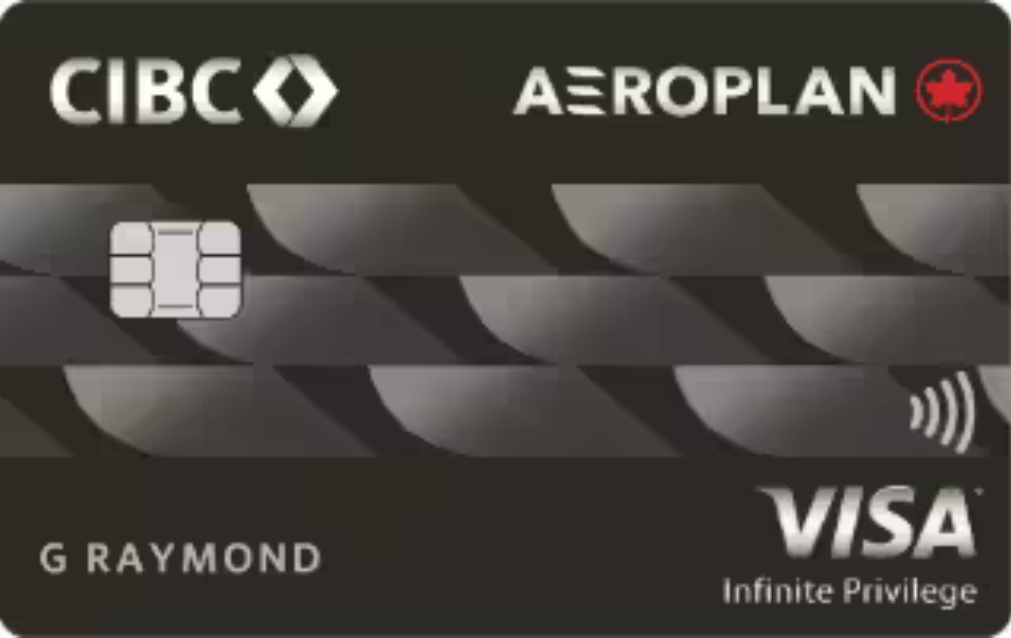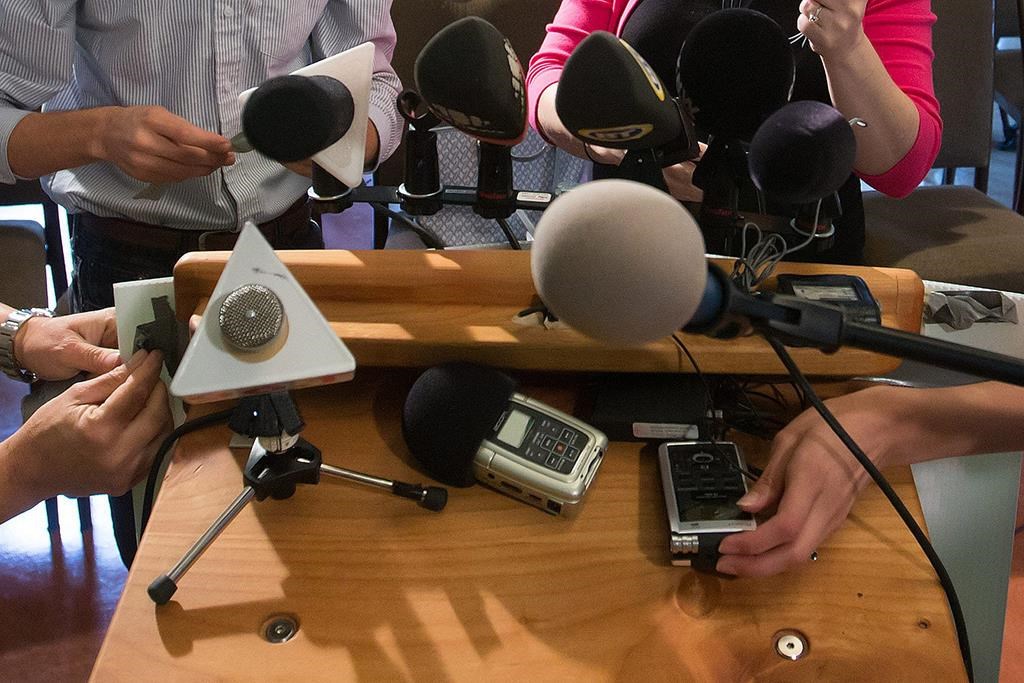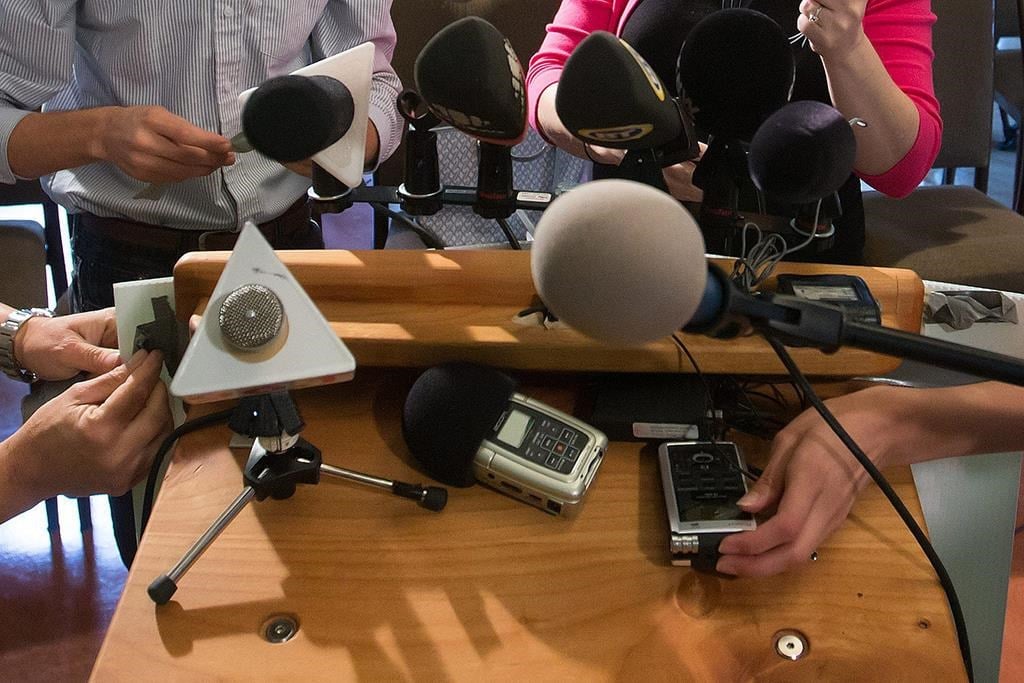Quick overview
If you’re a jet setter who loves to travel in style and doesn’t mind shelling out a little extra for premium experiences, the CIBC Aeroplan Visa Infinite Privilege (say that five times fast) could be the perfect travel companion. It’s packed with travel features like access to the Maple Leaf Lounge, a NEXUS application fee rebate, free checked bags and comprehensive travel insurance.
It does, however, come with a hefty price tag of $599 per year. Of course, if you’re a big spender – particularly if you fly with Air Canada often – you might be able to offset that high cost by earning points. It offers two points for every dollar spent with the airline, 1.5 points for every dollar spent on gas, EV charging, groceries, travel and dining, and 1.25 points per dollar spent on everything else. Not to mention the lucrative welcome bonus, which offers up to 110,000 bonus Aeroplan points in the first year.
So, if you’re a fan of Air Canada and want to know more about its premium travel rewards card, we’ve broken it all down for you.
Who’s this card for?
This card is for the discerning traveller who knows what they like and doesn’t mind paying a little extra. You’re someone who prefers to travel with Air Canada, even if that means paying a little more for your tickets. That loyalty is rewarded with this card, offering a bunch of travel perks like lounge access, free checked bags and travel insurance. It’s aimed at people who travel often, allowing them to earn points that’ll help them book flights and vacations for free. They also don’t mind paying the hefty yearly fee of $599. This card is aimed at high-net-worth Canadians, people who make at least $150,000 a year as an individual or $200,000 as a family, as that’s the required income threshold to qualify for the card.
Pros and cons
Pros
-
80,000 bonus reward points
-
Earn up to two points per dollar spent
-
Free checked bags with Air Canada
-
A NEXUS application rebate
-
Lounge access with Maple Leaf Lounges
-
A great travel insurance package
Cons
-
A high cost of $599 per year
-
High income requirements of $150,000 per year individual or $200,000 per year household
-
The highest redemption category for points is when you spend directly with Air Canada, which might deter some users
Welcome bonus
- Earn a total of 110,000 Aeroplan points in the first year
- Get 20,000 Aeroplan points when you make your first purchase
- Get 30,000 Aeroplan points when you spend $6,000 or more during your first 4 months
- Get 60,000 Aeroplan points as an additional anniversary bonus when you have at least $30,000 in eligible purchases made within the first 12 months of owning the card
- Also includes yearly bonuses of:
- A free first checked bag for two travellers for each round-trip Air Canada flight
- Maple Leaf Lounge access
- Six complimentary visits at 1,200+ lounges globally through Visa Airport Companion Program
- NEXUS application fee rebate
How to earn points
You’ll earn the most points by spending with Air Canada. The CIBC Visa Aeroplan Infinite Privilege will earn you two points for every dollar spent with the airline, including Air Canada Vacations. Aside from that, you’ll earn 1.5 points for every dollar spent on gas, electric vehicle charging, groceries, travel and dining. Finally, you’ll earn 1.25 points for every dollar spent on other purchases.
Another neat feature is that you’ll earn double the points at over 150 Aeroplan partner brands and over 170 online retailers through the Aeroplan eStore. Aside from that, you can also earn points by using your card with travel partners like hotels (Hilton, Marriott, Best Western, Choice Hotels, Coast Hotels and many others) and rental car agencies (Avis, Budget, etc.), select airport parking lots like Park n’ Fly and retail partners like Starbucks, Uber, Amazon and the LCBO. New partners are being added all the time and you can browse them all on the Air Canada partners website.
You can also transfer other points to Aeroplan, including Marriott Bonvoy, Hilton Honors, Best Western Rewards and Choice Privileges, among others.
Finally, if you want to top up your Aeroplan account, you can purchase points. They’re typically available for 3.5 cents each but sometimes go on sale for a discount.
How to redeem points
Redeeming Aeroplan points using Air Canada's Aeroplan rewards centre is a simple process, regardless of the type of CIBC Aeroplan card you have. The user-friendly platform serves as a comprehensive hub, providing information on what you can redeem points for and guiding you through the redemption process. Options include using points for Air Canada and partner airline flights, getting extras and flight upgrades, booking hotels and car rentals, covering vacation packages or experiences, and purchasing merchandise or gift cards.
With diverse redemption choices, there's something for everyone. Points stretch further when used for booking flights with Air Canada or its partner airlines. Air Canada has made it super simple to figure out how many points you’ll need to redeem for certain flights. It breaks down the number of points required to fly within North America, between North America and Atlantic zones, within North America and Pacific zones, and between North America and South America, among others. Here’s an example of how they do it:

Key benefits
- A lucrative welcome bonus, offering up to $2,200 in travel value (110,000 Aeroplan points)
- Comprehensive travel insurance
- Maple Leaf Lounge Access
- Visa Airport Companion lounge access with up to six complimentary visits at over 1,200 lounges around the world
- Earn up to two points per dollar spent
- Get free checked bags
Insurance coverage
- Out-of-province emergency travel medical insurance: Up to $5 million per insured person per trip for 31 days. The coverage period is cut to 10 days for those aged 65 and older.
- Trip cancellation and trip interruption insurance: Up to $2,500 per insured person per trip, up to a maximum of $10,000 combined (trip cancellation). Up to $5,000 per insured person per trip, up to a maximum of $25,000 combined (trip interruption).
- Flight delay and baggage insurance: Up to $500 per insured person, with a maximum of $1,000 per occurrence combined (flight delay). Up to $500 per insured person, with a maximum of $1,000 per occurrence combined (delay of checked baggage). Up to $1,000 per insured and a maximum of $2,500 combined (lost or stolen baggage).
- Hotel burglary insurance: Up to $2,500 for all insured people combined.
- Auto rental collision and loss damage insurance: Coverage for the MSRP of vehicles of up to $85,000 for a period of up to 48 days.
- Purchase security and extended protection insurance: Purchase security of up to 180 days from the purchase date and extended protection of two years in addition to the manufacturer’s warranty.
- Mobile device insurance: Up to $1,500 per occurrence, per insured person.
- Common carrier accident insurance: Up to $500,000 per insured person.
Extra benefits
- Access to 24-hour Visa Infinite Privilege Concierge, which includes exclusive wine and dining experiences and VIP benefits at luxury hotels
- Complimentary upgrade to Avis President’s Club, which includes two-car-class rental upgrades, expedited service, dedicated phone line and more
- Receive an annual Worldwide Companion Pass (maximum of $599) when you spend $25,000 or more
- Get an extra night free for every three hotel nights redeemed with Aeroplan points
- Get priority check-in, priority boarding and priority baggage handling
What people have to say about this card
According to one Reddit user, the CIBC Visa Infinite Privilege Card is outclassed by other cards in the luxury travel category, such as American Express Platinum and American Express Aeroplan Reserve.
Another user in the same thread agreed, saying the Visa Infinite Privilege program isn’t worth the fee that’s charged. These are just opinions, of course, but gives you a good sense of which other cards you might want to compare the CIBC Visa Infinite Privilege to. Finally, a Reddit user posted a thread asking about how strict the income requirements are for the card. They claimed they earn an annual household income of $150,000 and CIBC’s stated requirement is a household income of $200,000. The user edited the original thread to share that they had been approved with no issues, suggesting CIBC might not be super strict with those income requirements.
How the card compares
CIBC Aeroplan Visa Infinite Privilege Vs. TD Aeroplan Visa Infinite Privilege
The CIBC and TD Aeroplan Visa Infinite Privilege cards are about as similar as two credit cards can get. I mean, they share the same name. They both have an annual fee of $599, they have the same interest rates, and they both include lounge access and travel insurance. Their points structure is the same as well, offering two points for every dollar spent with Air Canada, including Air Canada Vacations, and 1.5 points for every dollar spent on gas, electric vehicle charging, groceries, travel and dining. Finally, they both offer 1.25 points for every dollar spent on other purchases.
The one thing that sets them apart is the welcome bonus. The CIBC version of the card offers up to 110,000 bonus Aeroplan points while TD’s offers up to 100,000.
CIBC Aeroplan Visa Infinite Privilege Vs. American Express The Platinum Card
The CIBC Aeroplan Visa Infinite Privilege and The Platinum American Express are both luxury travel cards. However, there are a few key differences in how they’re structured. The Platinum Card will cost more at $799 vs $599 for the CIBC card. The points breakdown is different as well. The Platinum Amex offers two points on dining, food, travel and delivery purchases, and one point on everything else. The CIBC card is a little more complicated, offering two points for purchases with Air Canada, 1.5 points at gas stations, electric vehicle charging, groceries, travel and dining, and 1.25 points for everything else. The Amex card comes with a $200 annual travel credit whereas CIBC offers a yearly companion voucher for those who spend at least $25,000 per year on their card. Both come with lounge access, concierge services and travel insurance. One advantage the CIBC card has over the Amex is its welcome bonus, offering up to 110,000 Aeroplan points vs. Amex’s 30,000 (although, cardholders can earn 70,000 Welcome Bonus points after charging $10,000 in net purchases to the card in the first three months of cardmembership).
CIBC Aeroplan Visa Infinite Privilege Vs. American Express Gold
The American Express Gold is a more affordable rewards card than the CIBC Aeroplan Visa Infinite Privilege. It costs $250 per year vs. $599. It’s also tailored to users who have more diverse spending habits, offering two points per dollar on travel, including flights, hotels and car rentals, as well as two points on gas, grocery and drugstore purchases. Everything else will earn you one point per dollar with the Gold Amex.The CIBC card, on the other hand, is heavily weighted to reward spending with Air Canada, offering two points for every dollar spent with the airline, 1.5 points on every dollar spent on gas, groceries, EV charging, travel and dining, and 1.25 points per dollar spent on everything else. The CIBC card offers a bigger welcome bonus with up to 110,000 Aeroplan points, compared to up to 60,000 points with the American Express Gold Rewards card. They both include lounge access and travel insurance.
CIBC Aeroplan Visa Infinite Privilege Vs. Scotiabank Passport Visa Infinite Card
While the CIBC Aeroplan Visa Infinite Privilege might be considered the more premium card, the Scotiabank Passport Visa Infinite shouldn’t be overlooked by the world traveller. Boasting similar interest rates, lounge access including six complimentary visits and travel insurance – but at a much more approachable price of $150 per year – the Scotia Visa Infinite is nothing to turn your nose up at. One thing it does that the CIBC VIP card lacks is that it doesn’t charge foreign exchange fees. So if you’re someone who travels outside the country, this feature will help you save quite a bit of money. As for points, the Scotia Passport Visa Infinite offers three points for every dollar spent at Sobeys, Safeway, IGA, Foodland and more, and two points for eating in, dining out, theatre purchases and ride-sharing. All other spending will earn you one point for every dollar spent. Overall, the Scotia Passport might offer a little more bang for your hard-earned buck.
Is the CIBC Aeroplan Visa Infinite Privilege worth it?
With a hefty price tag and a high barrier to entry with its income requirements, the CIBC Aeroplan Visa Infinite Privilege isn’t for everyone. It might be worth it if you travel often with Air Canada and want to rack up points with your spending on the airline. Its travel perks are some of the best in the credit card game, but its lack of no foreign exchange fees might put some off.
FAQs
American Express is not responsible for maintaining or monitoring the accuracy of information on this website. For full details and current product information, click the Apply Now link. If you apply and get approved for an American Express Card, (I/we) may receive compensation from American Express, which can be in the form of monetary payment
Compare other CIBC credit cards
Compare other Visa cards
Compare other travel credit cards
Disclaimer
The content provided on Money.ca is information to help users become financially literate. It is neither tax nor legal advice, is not intended to be relied upon as a forecast, research or investment advice, and is not a recommendation, offer or solicitation to buy or sell any securities or to adopt any investment strategy. Tax, investment and all other decisions should be made, as appropriate, only with guidance from a qualified professional. We make no representation or warranty of any kind, either express or implied, with respect to the data provided, the timeliness thereof, the results to be obtained by the use thereof or any other matter.






